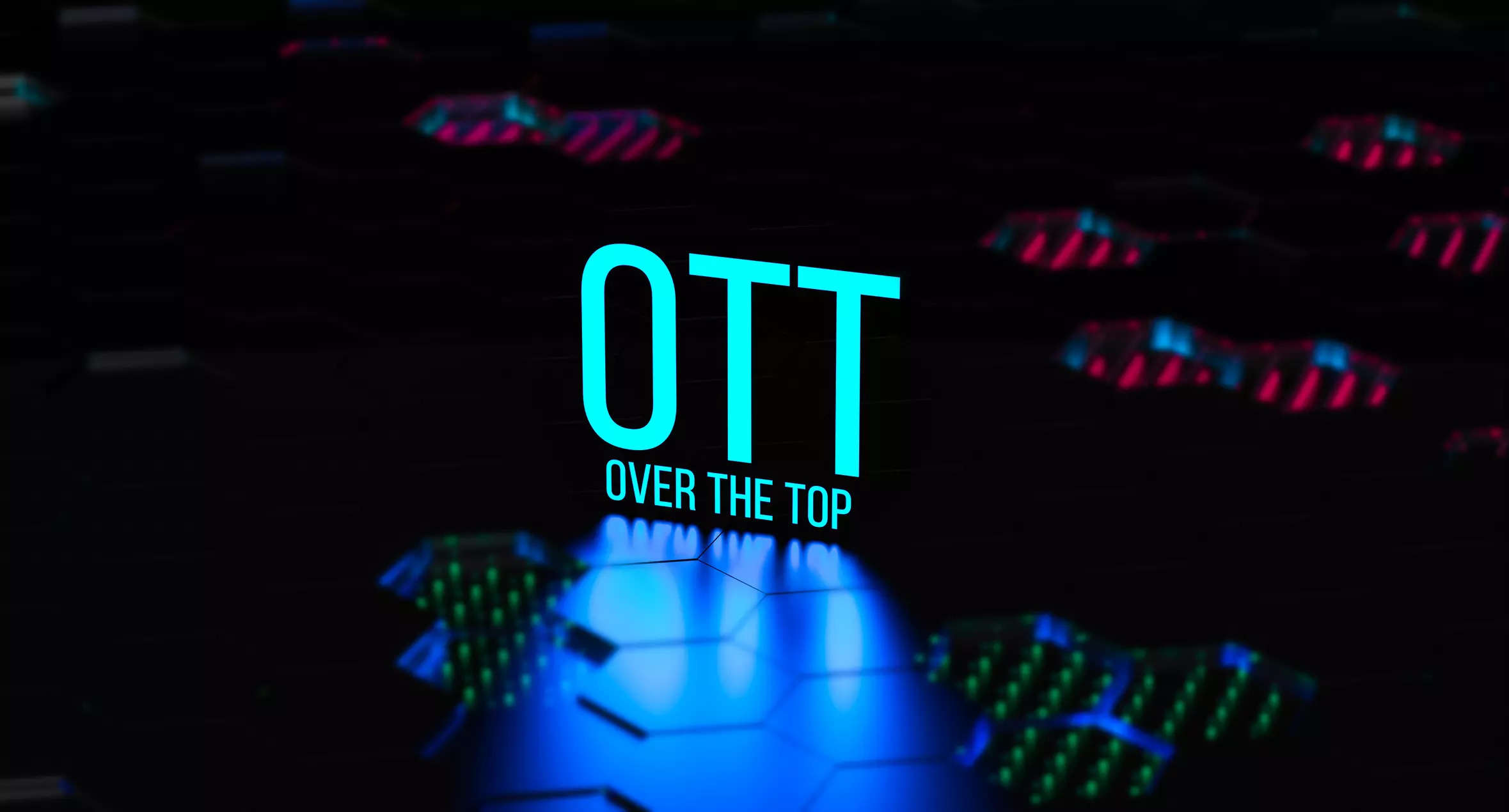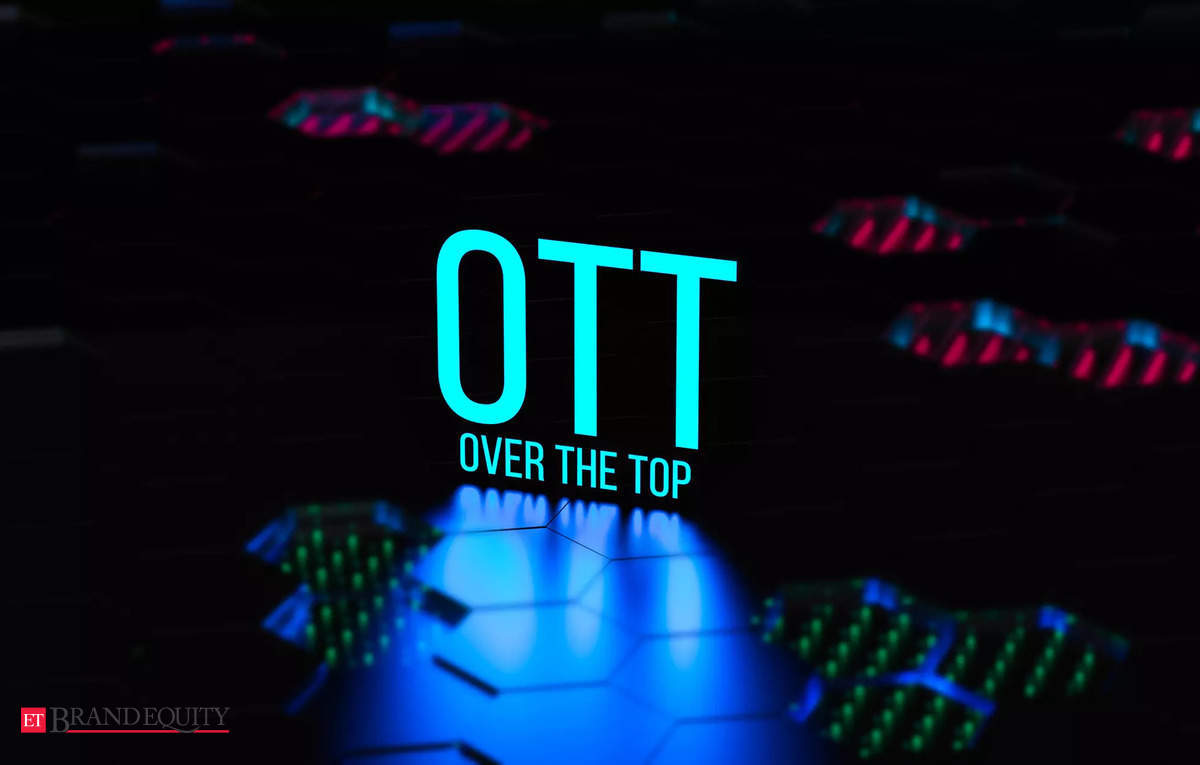[ad_1]

The debate about whether big OTT (over-the-top) players should contribute financially to help the telecom industry in creating digital infrastructure has been ongoing for some time now.
There have been discussions to impose a fair charge on LTGs (large traffic generators). The contentious issue extends beyond the Indian market and prompting various countries to deliberate on potential solutions. However, as of now, no concrete regulatory framework or decision has been taken on this matter. Let’s examine the matter and grasp the diverse viewpoints.
Telecom Industry
Cellular Operators Association of India (COAI), which represents telecom players including Reliance Jio, Bharti Airtel and Vodafone Idea, has been demanding ‘same service same rules’ with a fair charge to be levied and decided mutually between telcos and OTT players who must contribute towards creating and developing digital telecom infrastructure in India in exchange for using the network.
COAI, in its recently released white paper titled ‘Addressing Rising Data Traffic and Associated Infrastructure Costs in Indian Telecom’ have mentioned below points:
1. Indian telecom players have spent an additional Rs 10,000 crore in 2022-23 to support traffic generated by LTGs and the Indian government has lost about Rs 800 crore revenue in 2023 owing to this
2. Nearly 80% of the data traffic that telcos carry is generated by the subscribers of a handful OTT service providers or LTGs.
3. Telecom industry has been demanding fair charge from only 4-5 LTGs which generate huge data traffic volumes and not smaller players, startups, and micro, small and medium enterprises (MSMEs) which generate low traffic
4. COAI has also called out the LTGs, who refuse to pay their fair share for using telecom networks on the pretext that it would hurt startups and small businesses but at the same time Google delisted startups for not paying app store service fees.
The global telco association GSMA has also echoed similar views and said India is in a prime place to lead the fair share debate and discussion. It is of the opinion that there needs to be a higher level of discussion about how the industry is going to create the infrastructure to support that future vision of Digital India and other digital nations.
Big Tech View
The Internet and Mobile Association of India (IAMAI) and Broadband India Forum (BIF) have earlier said that any move to regulate the OTT segment would be a death knell for India’s digital economy. They represent firms such as Google, Amazon, Meta, and Apple etc. They claim it will hurt smaller players, start-up ecosystems and violate net neutrality principles.
This has also triggered a net neutrality debate but telcos clarified that they only want biggies to pay a fair share towards network spend.
Proponents of OTT players argue that it is a direct breach of net neutrality principles, emphasizing equal access to the internet for all. However, few experts opine if telcos advocate for differential pricing for LTGs, they are arguably infringing upon net neutrality principles, which advocate for the equal treatment of all internet traffic.
Under net neutrality, a service provider can not prioritize traffic from specific sites or apps other than those that have been excluded, for example, specialized services or emergency services.
Will the OTT sector be regulated?
Indian telecom regulator TRAI has been in the process of framing recommendations on whether OTTs should come under regulation ambit or not.
On a global level, the European Commission has put forth a similar initiative aiming to ensure that all market players benefiting from the digital transformation contribute fairly and proportionately to the expenses associated with public goods, services, and infrastructure. Korea has already introduced a network usage fee on the OTT industry, with 100% of the proceeds reinvested into the networks. Notably, in South Korea, SK Telecom and Netflix have reached an agreement regarding network usage fees.
A proposal in the US Congress has been made that would make large internet apps contribute to infrastructure costs to help lower broadband costs for consumers. The proposed bill named, Lowering Broadband Costs for Consumers Act of 2023, has classified social media platforms, streaming service, over-the-top messaging service, video gaming service, videoconferencing service, e-commerce platforms, search engines under edge services providers etc.
Conclusion
The outcome of the ongoing debate between the telecom industry and OTT players is still uncertain. However, the potential for collaboration between these two sectors presents an opportunity for a win-win scenario. By working together, they can drive growth, spur technological advancements, and meet the changing needs of consumers in today’s rapidly evolving digital landscape.
[ad_2]
Source link





